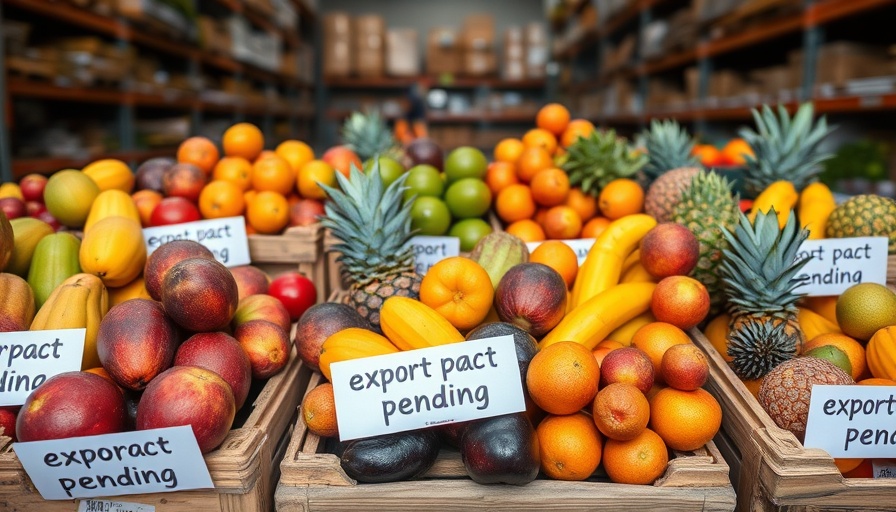
The Africa Tourism Investment Conference: A New Era for Industry Investors
Set to unfold on April 10, 2025, at the renowned Cape Town International Convention Centre (CTICC) during WTM Africa, the Africa Tourism Investment Conference (ATIC) has generated significant excitement across the continent. This event not only brings together the most influential figures in Africa’s tourism sector but also offers a unique platform to discuss the future of investment opportunities in hotels, resorts, and hospitality infrastructure.
A Powerful Speaker Line-Up: The Game Changers
With sponsorship from JLL Africa, a global leader in real estate investment, the ATIC aims to strengthen investor confidence in Africa's burgeoning tourism market. Renowned executives such as Anthony Leeming, CEO of Sun International, and Hamza Farooqui, CEO of Millat Global Holdings, are among the key speakers ready to share their invaluable insights. These leaders have led transformative projects defining the landscape of African tourism, making attendance at ATIC a must for serious investors.
Why Africa is the Next Frontier in Tourism Investment
African nations are increasingly recognized for their rich cultural heritage and stunning landscapes, positioning them as prime tourist destinations. According to research, investments in Africa's tourism sector are expected to rise significantly in 2025, focusing on new hotels and infrastructure projects. This burgeoning interest from global investors presents a timely opportunity for local economies to capitalize on tourism as a major economic driver.
The Role of Technology in Transforming Tourism
The intersection between technology and tourism is increasingly profound. The ATIC will also delve into technology’s role in enhancing the tourism experience—from blockchain solutions to streamline transactions to AI-driven analytics for market trends. Topics like cybersecurity and data privacy will be crucial here as tourists become more cautious about their online interactions, and investments in these areas can secure a competitive edge.
Challenges in the African Tourism Sector
Every investment opportunity comes with its unique challenges. ATIC is set to address the key concerns investors face when entering African markets, including political stability, infrastructure deficits, and access to financing. Rigorous discussions will offer practical solutions to navigate these challenges, with experts sharing success stories on how they overcame obstacles in project financing and developmental hurdles.
A Key Event for Decision-Makers
The significance of the ATIC stems from its ability to foster connections between finance and tourism. Mayor Geordin Hill-Lewis has stressed the importance of this event in bridging the gap between capital and interested tourism operators. For local entrepreneurs and C-level executives, the insights shared at ATIC will illuminate how to create inclusive, sustainable tourism ventures that benefit both investors and local communities.
How You Can Get Involved
For those looking to participate in this transformative event, registration is now open to accredited investors, developers, and stakeholders in the tourism sector. Limited spaces mean potential attendees should act quickly to secure their participation in the discussions that could shape the future of tourism in Africa. Registration details can be found on the official WTM Africa website.
The discussions at the Africa Tourism Investment Conference promise to redefine how investment in tourism looks not just for 2025, but for years to come. As we anticipate the notable insights and pivotal networking opportunities, now is the time to focus on how investing in tourism can spur greater economic prosperity across the continent.
Don’t miss the chance to stand at the forefront of Africa’s tourism investment revolution. Join the conversation, gain insider knowledge, and explore collaborative opportunities with industry leaders at the Africa Tourism Investment Conference. Secure your place today!
 Add Row
Add Row  Add
Add 




Write A Comment